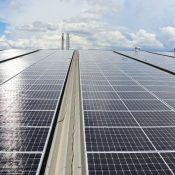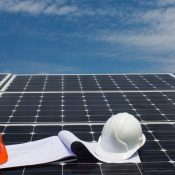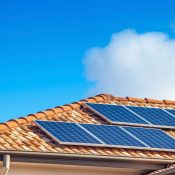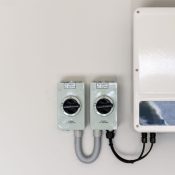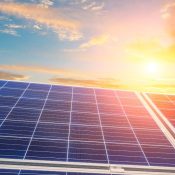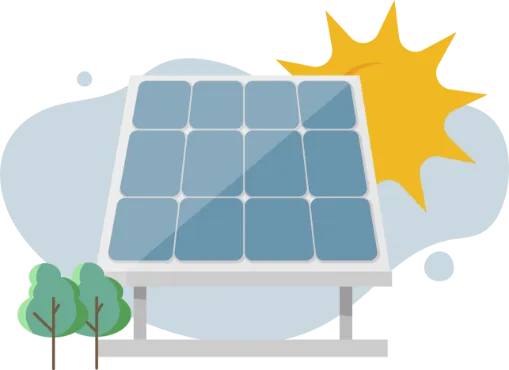How Long Do Monocrystalline Solar Panels Last?
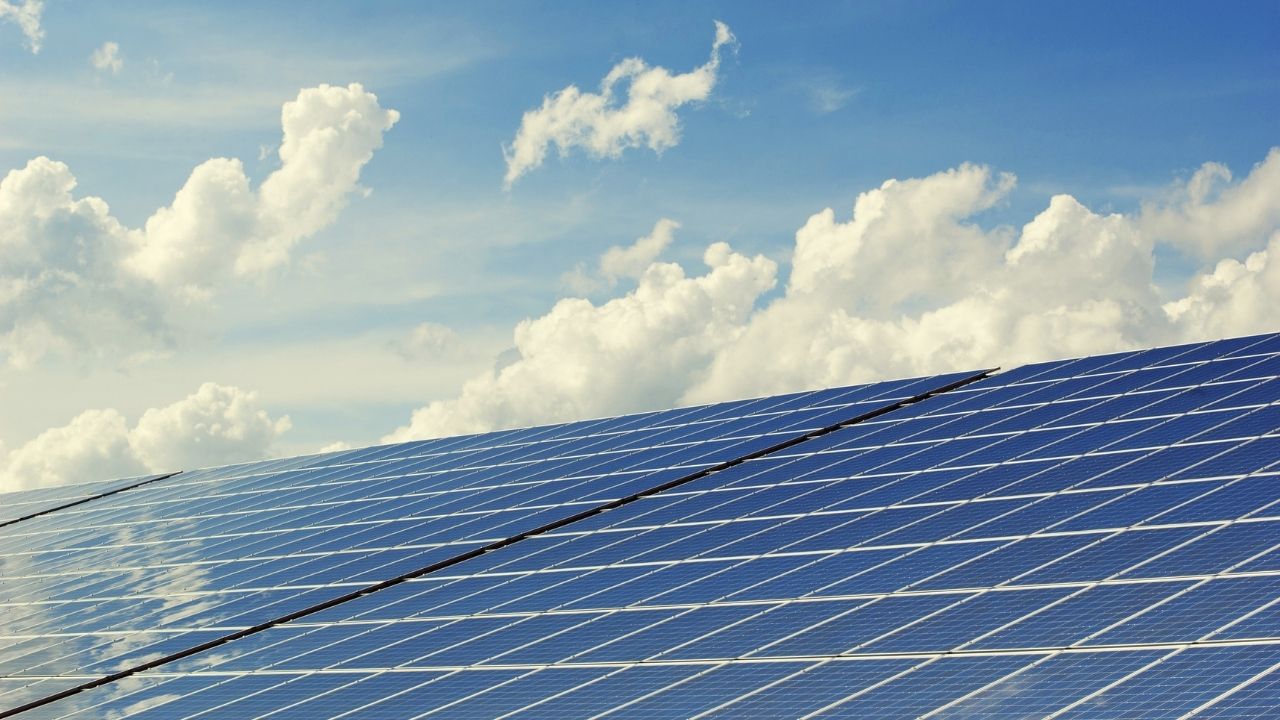
Understanding the longevity and efficiency of monocrystalline solar panels is a critical concern for those considering solar energy solutions. With the increasing shift towards renewable energy sources, it’s essential to know not just the benefits but also the real-world performance and lifespan of these solar panels.
Monocrystalline solar panels, known for their high efficiency and sleek design, offer a promising option for sustainable energy. However, potential users often wonder about their durability and how long they can expect these panels to serve their energy needs efficiently.
In this blog, we provide expert insights into the lifespan of monocrystalline solar panels, factors affecting their performance, and practical advice to maximise their utility.
With clear, expert guidance, we’ll help you navigate the decision-making process, ensuring you’re well-informed about the advantages of investing in monocrystalline solar panels. So, without any further ado, let’s get started.
How do monocrystalline Solar Panels Work, and What Sets Them Apart?
Monocrystalline solar panels are a standout choice for generating clean energy, but what exactly makes them a superior option? Let’s dive in.
At their core, these panels are crafted from monocrystalline silicon, a material known for its high purity. This pure form of silicon is what gives monocrystalline solar panels their edge.
Here’s the simple breakdown:
Monocrystalline silicon is formed into bars and then sliced into thin wafers. These wafers are the solar cells you see on the panels. Because they come from a single crystal, the cells allow for a smoother flow of electricity. This is where their high efficiency comes into play. They’re really good at converting sunlight into electricity—better than other types of solar panels out there.
Additionally, monocrystalline panels are easy to recognise. They have a sleek, uniform, dark look, which many people find visually appealing. But it’s not just about looks; this uniformity helps them absorb sunlight more effectively.
Another big plus is their lifespan. These panels are built to last, often serving your energy needs for 25–30 years or more. This durability means they’re not just a short-term solution but a long-term investment in sustainable energy.
In essence, the high efficiency, attractive design, and longevity of monocrystalline solar panels set them apart. Choosing these panels means opting for a reliable, efficient, and aesthetically pleasing solar energy solution.
How Long Can You Expect Your Monocrystalline Solar Panels to Last?
When you decide to go solar, it’s natural to wonder just how long your investment will pay off, especially when it comes to monocrystalline solar panels. So, let’s break down what you can expect in terms of lifespan.
First off, monocrystalline solar panels are known for their longevity. Generally, you can expect these panels to serve you well for about 25 to 30 years, sometimes even longer. This impressive lifespan is due to the high-quality silicon used to make them, which is very durable.
Now, you might think, “That’s a long time!” And you’re right. But it gets better. Even after these panels have been soaking up the sun for 25 years, they don’t just stop working. Their efficiency might decrease slightly, but they’ll still be producing a significant amount of electricity. In fact, many panels continue to operate at about 80% of their original efficiency even after hitting the 25-year mark.
Moreover, the guarantee that comes with these panels is a testament to their durability. Many manufacturers offer a 25-year warranty, which covers their performance. This means they’re not only confident in the product’s ability to last but also in its continued efficiency over the years.
In essence, choosing monocrystalline solar panels is a solid investment in your future energy needs. They’re not only built to last, but they will also keep powering your home or business with clean energy for decades. With minimal efficiency loss over time, you can count on a reliable energy source that stands the test of time.
What Factors Influence the Lifespan of Monocrystalline Solar Panels?
Understanding what impacts the lifespan of monocrystalline solar panels is key to maximising your investment. So, here are some main factors:
- Quality of Materials: The better the quality of the silicon used, the longer your panels are likely to last. High-quality materials can better withstand the wear and tear over the years.
- Installation and Mounting: Properly installed and securely mounted panels will face fewer issues. Incorrect installation can lead to physical damage and affect performance.
- Weather Conditions: Extreme weather, like heavy snow, hail, or high winds, can impact your panels. Although monocrystalline panels are built tough, severe conditions can test their durability.
- Maintenance: Keeping your panels clean and free from debris plays a big part in their longevity. Regular checks and maintenance can catch and fix small issues before they lead to bigger problems.
- Temperature: Solar panels love sunlight but not the heat. High temperatures can affect their efficiency over time. Luckily, monocrystalline panels are somewhat better at handling heat compared to other types.
How Can You Ensure Your Monocrystalline Solar Panels Last Longer?
Making sure your monocrystalline solar panels last as long as possible involves a few practical steps. So, here’s how you can extend their lifespan:
Regular cleaning
Keep your panels clean from dust, leaves, and bird droppings. A simple cleaning routine can prevent buildup that might block sunlight and reduce efficiency.
Routine inspections
Check your panels periodically for any damage or wear. Look for cracks in the glass or issues with the frame. Catching problems early can save you trouble down the line.
Professional maintenance
Consider having a professional inspect your solar system once in a while. They can spot issues you might miss and ensure everything’s running smoothly.
Proper installation
Ensure your panels are installed by a reputable company. Correct mounting and wiring reduce the risk of damage and improve performance.
Shade management
Trim trees or bushes that might cast shadows on your panels. As solar panels work best in direct sunlight, preventing shade can significantly boost their output.
Temperature regulation
While you can’t control the weather, you can ensure your panels are installed in a way that allows for air circulation. This helps keep them cool and improves efficiency.
Conclusion
Monocrystalline solar panels stand out as a sustainable and efficient energy choice, known for their durability, high efficiency, and sleek design. With a lifespan of 25-30 years, and potentially longer with proper care, these panels offer a reliable source of clean energy.
Factors like material quality, installation precision, maintenance, and environmental conditions play crucial roles in maximising their longevity. By adopting best practices such as regular cleaning, inspections, professional maintenance, and ensuring proper installation, you can further enhance their lifespan.
So, if you’re considering making the switch to solar, or seeking expert advice on how to ensure your monocrystalline solar panels last as long as possible, Going Solar is here to assist. Contact us today to explore how you can benefit from solar energy and make an informed decision about your energy future.
Planning a switch to solar energy?
Contact Going Solar now and Get Free Advice & Quote Within Minutes!
Frequently Asked Questions
Contact Going Solar Now!
Joe Brennan
Founder @ Going Solar
Joe Brennan, the founder of Going Solar, is dedicated to making solar power mainstream in Ireland and meet SEAI objectives. With a focus on affordability and sustainability, he is bringing renewable energy solutions to homes, reducing costs & environmental impact.
Recent Posts

